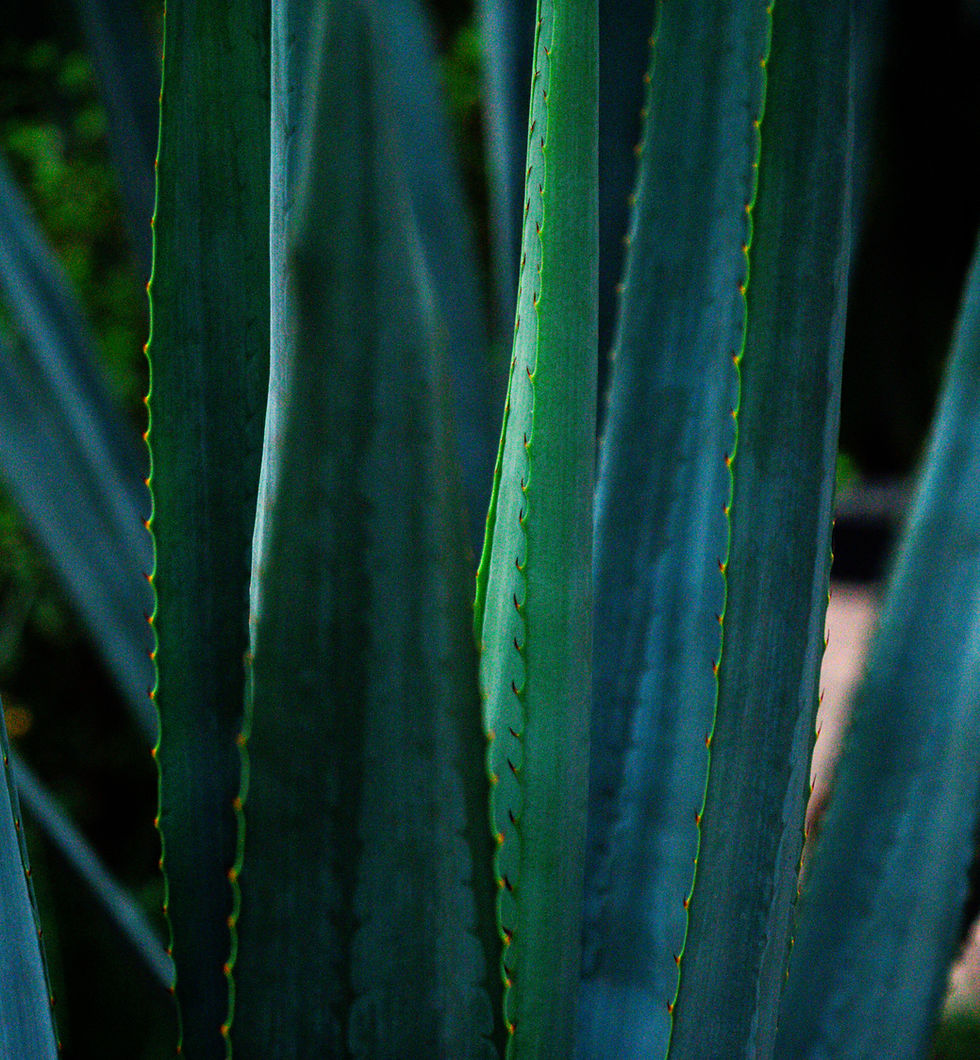What is tequila?
- Tequila Lover

- Aug 24, 2023
- 2 min read
Updated: Nov 28, 2024

Explained most simply, tequila is an alcoholic, distilled beverage produced in the arid highlands of central Mexico from the fermented and purified juice of a species of agave (also called maguey), a native plant (belonging to the lily family, not the cactus family). Archaeologists say that agave has been cultivated for at least 9,000 years, and was used for food even earlier. All of Mexico's history is linked to agave.
Tequila is Mexico," Carmelita Roman, widow of tequila maker Jesus Lopez Roman, said in an interview after her husband's murder. ? "It's the one product that defines us as a culture.No other drink is surrounded by as many stories, myths, legends as tequila and its companion mescal.
The word tequila itself is a mystery. It is said to be an ancient term for the Nahuatl people. The Nahuatl were the indigenous people who inhabited the area. The word means ( depending on the meaning) - "harvesting place", "place of wild plants", "place to cut", "place to work" or even "place to prank". According to Jose Maria Muria, tequila comes from the Nahuatl people's language tequitl (work, obligation, task) and tlan (place).
Other sources say that the word means cliff (rock) that cuts, a very plausible reference to the volcanic glass that is common in the area. This glass was used to make arrow points, axes, cutting objects, and scrapers. It is scattered in many fields and was even used to build pavements in many towns.
In the language of the Cascauin people, the word Tequila is an altered "tetilla" as the volcanoes looked like small female breasts.
Other sources say it is an altered name of the original inhabitants Ticuilas or Tiquilos. They all fit. It is the name of a spirit, a city, a valley.
Maguey is another name for the agave plant from which tequila is made, not a native name, it comes from the Antilles (the first mention of this plant is in a book by Peter Martyr in 1533). Agave is mentioned as a food of the Aztecs and the original inhabitants in a Florentine manuscript from 1580.
The Nahuatl tribe called the plant metl or mexcametl, hence the word mescal. For them it was a sacred plant, honoured as the earthly manifestation of the goddess Mayaeul, who had 400 breasts to nourish 400 children.
Today, tequila is undoubtedly the most evocative word in the lexicon of those who drink. It conjures up images of men riding horses on dusty roads, of dry fields, ominous volcanoes, brightly dressed senoritas twirling in national dances. But images of pop stars, margaritas and endless parties also emerge.
Tequila goes beyond mere definition, reaching into the heart of Mexico, past and present. It blends indigenous and Spanish cultures with Filipino and Arabic techniques. Mexico's turbulent history runs parallel to the history of tequila and mescal. One cannot fully understand Mexico without understanding tequila's place in its history and culture.












